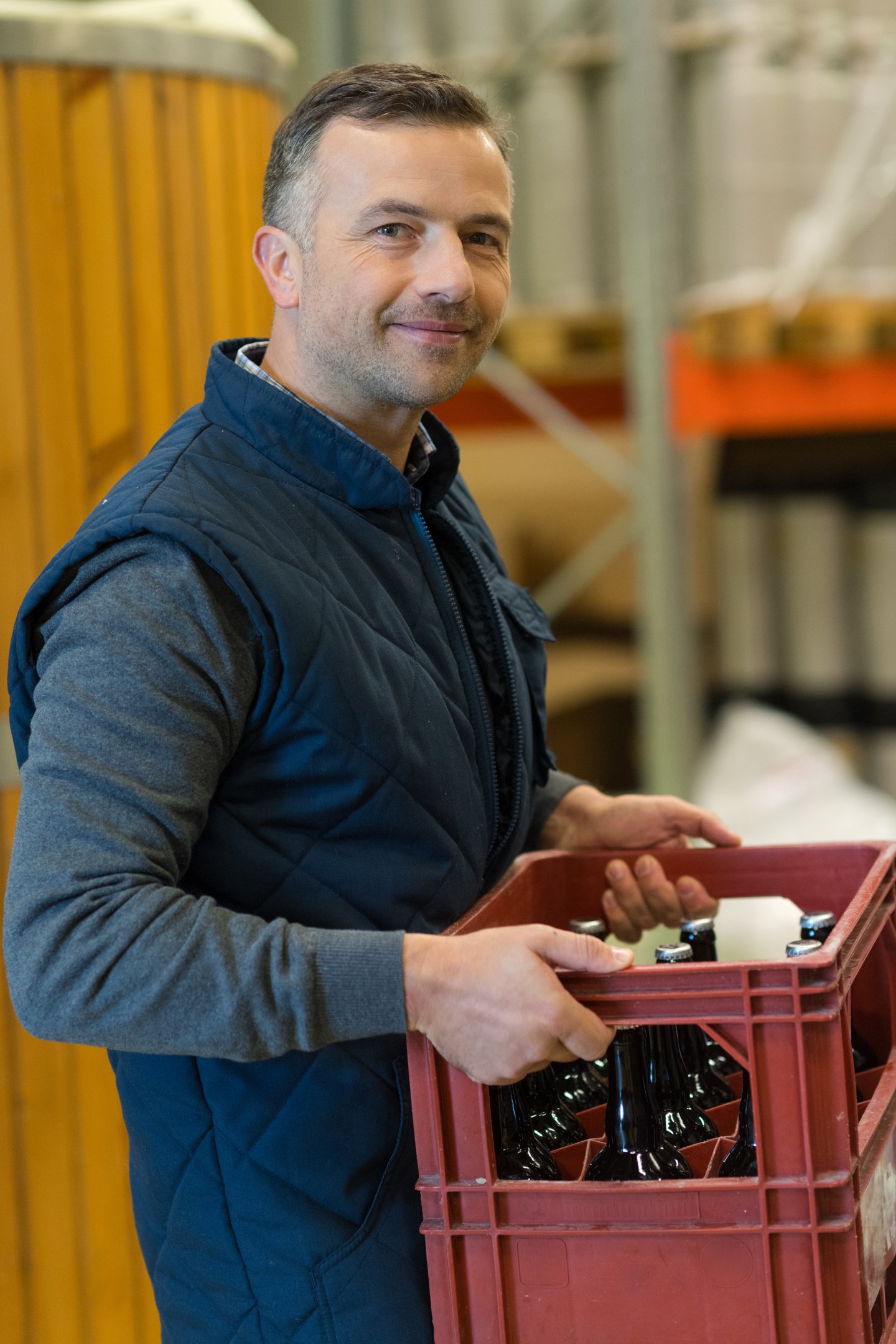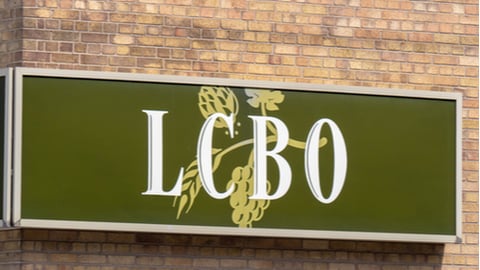Convenience stores, LCBO navigate growing pains with roll out of beverage alcohol
Many c-store owners in Ontario are happy with the steady progress they’ve seen with the addition of beverage alcohol to their establishments. But there have been growing pains and learning curves, including with the LCBO’s online ordering system, GMS (Grocery Management System).
That is perhaps no surprise, given the rollout of alcohol sales to c-stores was fast-tracked by the Doug Ford government—not to mention the fact that demand from the sector has been robust.
In an email to CSNC, the Liquor Control Board of Ontario says it has received more than 33,000 orders and shipped more than 1.4 million cases of product to over 4,200 c-stores as of Oct. 11. Licensed c-stores began selling alcohol on Sept. 5.
Chintankumar Shah, owner of Hagersville Convenience in Haldimand County near Hamilton, says he has experienced “a few hiccups” with orders. They included deliveries without the full order because of stock shortages, and it wasn’t entirely clear whether a “claim” needed to be filled out for the missing product or not.
“We also thought we were being charged for product that wasn’t delivered because of an authorized hold on our credit card on the initial order,” says Shah. “But then my account manager realized we were only being charged for the product we actually received.”
Over time, the process has become easier to navigate, and delivery times improved, too, he says.
In the beginning, it took up to 10 days or longer to get product after placing an order. Shah has seen the delivery window shortened to within five business days. “We now make our beer orders every Monday, so we know we’ll have more inventory by Friday and be ready for the weekend,” says Shah.
Hagersville Convenience is also able to promote on its Facebook page new arrivals near the end of every week. On Oct. 24, for example, it posted photos from its store of “available” Ontario-made brands Jameson Whiskey Lemonade, SVNS Hard 7UP Original, Black Fly Vodka Crushed and Mike’s Hard Blue Freeze.
Shah says the biggest learning curve has been understanding what customers actually want. While he sought feedback in the summer, it wasn’t until alcohol product showed up in the store that customers started asking for specific brands. “It took us a bit to find out from customers what they actually prefer to see and for us to know what will move—and so, because you just can’t order one bottle of something, I have a case of wine sitting in the store because customers didn’t want that particular wine.”
Still, he is pleased with the returns so far. “Beverage alcohol has been a great addition, particularly because we’re close to a reservation and don’t sell much tobacco.”
An industry expert tells CSNC there is need for a lot of improvement.
“There are a lot of kinks in the system, and I hear from all kinds of clients about product shortages and overbilling as well as misleading information from the beer sales reps,” says Dylan McLay, commercial sales specialist at Windsor, Ont.-based Williams Food Equipment, which is a supplier for c-stores across Ontario as well as the rest of Canada. “Stores are getting stuck with $5,000 to $6,000 worth of product that isn’t selling, because they were told it was a bestseller. Turns out, that may be true at an overall provincial level, but not in a specific city like Sarnia or London.”
McLay attributes the growing pains to a “rushed roll-out. There are a lot of moving pieces with this rollout which haven’t been pleasant for a lot of people.”
The LCBO is welcoming feedback from the sector. “Our online ordering system currently supports more than 4,500 grocery and convenience store customers and we are continuously looking at ways to improve the experience based on customer feedback,” says a spokesperson.
With a robust catalogue c-store can order from over 3,000 beer, ready-to-drink (pre-mixed coolers and cocktails), wine and cider brands, including imported offerings, the LCBO spokesperson says inventory levels can be hard to manage.
“As one of the largest retailers and wholesalers of beverage alcohol in the world, we must navigate global supply chain challenges. From time-to-time, products may be unavailable due to issues such as raw materials shortages, traffic delays and port disruptions, but we are constantly working with our supply chain partners to ensure a robust selection for our retail and wholesale customers.
“We also continue to work with our customers to incorporate their demand forecasts to inform our inventory planning."
After acknowledging receipt of order, the LCBO says it confirms inventory and provides an estimated delivery date to customers. A shipping notice is also provided 24 hours prior to delivery confirming the quantity of items.
In supporting long-term, sustainable success for the organization as the beverage alcohol marketplace continues to evolve, the LCBO has undertaken a multi-year program, called Future State Modernization (FSM). “FSM will enable the standardization of processes across all lines of business, support effective inventory management, automate and optimize scheduling, and allow for more seamless and personalized customer experiences.”
Another bone of contention with some c-store owners is delivery fees. The LCBO charges a flat $100 for a delivery of less than 15 cases; $4.50 per case for 15 to 19 cases; and $3.80 per case for 20 to 24 cases. The rate lowers the more cases purchased to $1.40 per case for 200 cases or more.
August Guo, owner of Carp Foodliner in Carp, Ont., says the fees are tough for independents to swallow, and has been writing to the Ford government to either “lower delivery fees or the wholesale price for the small store.”
He points out that The Beer Store delivers 48 cases of 24 cans or more without charge, allowing him to price more competitively than from LCBO orders. An order from TBS of 40 cases of 12 x 473 ML Can Labatt Blue and 40 packages of 6 x 473 ML Busch, for instance, “sold out in less than a month.”
“People need more affordable prices on more items to make a more affordable life,” says Guo. “Price is the key for making more sales.” And, he says, for helping small stores compete in the category.







